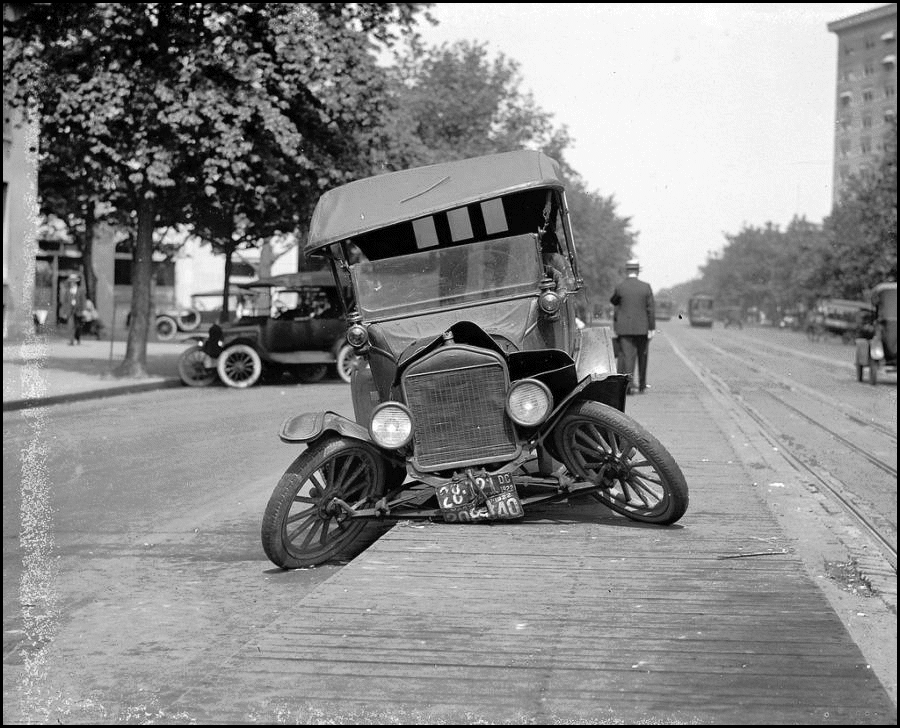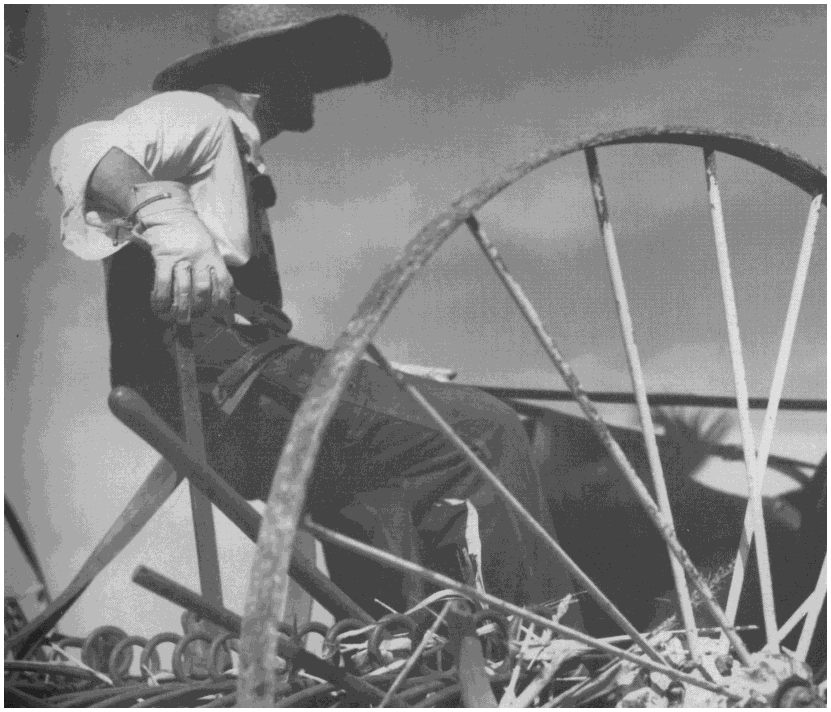Our Editors'
Top Picks from
2012
In the General Index,
RALPH's editors award
stars to new books
we find to be of especial merit.
Here are twelve culled from
the more than one hundred reviews
that we posted this year.
The Patagonian Hare
A Memoir
Claude Lanzmann
Frank Wynne, Translator
(Farrar, Straus and Giroux)
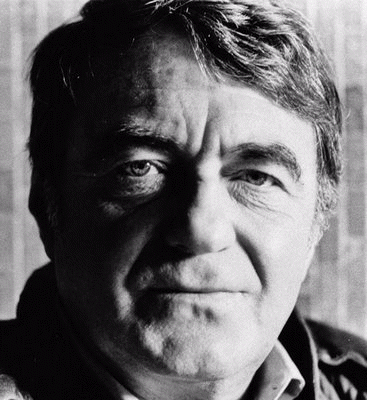
Whether he is writing about smuggling guns in 1940s Nazi-occupied France, almost drowning in the surf off Alexandria, making love to this or that princess, eating (and sleeping with) de Beauvoir while Sartre writes next door, getting lost in the massifs of Switzerland, having the Communists take out a contract on him ... ... in all of this there comes a breathtaking feeling of we-are-there and he-may-not-get-out-of-it alive. And the undercurrent, the Lanzmann-set: what I am doing right now is the most important thing in the world; if I don't do it now, and if I don't it right, all will be lost. No small potatoes here. Every one of Lanzmann's adventures has the feel of ultimate import.
There is a danger in this for all concerned. David Bromwich writing in a recent issue of the LRB speaks of Obama's similar sense of personal (and world) drama:
It is dangerous for a person ... to regard every action as significant. It means that you consider yourself an embodiment of a symbolic purpose which floats free of the content of actions; a purpose that requires any disturbing break to be viewed in the light of an as yet undisclosed terminus.
Go to our complete
review
of this book
Breasts
A Natural and
Unnatural History
Florence Williams
(Norton)
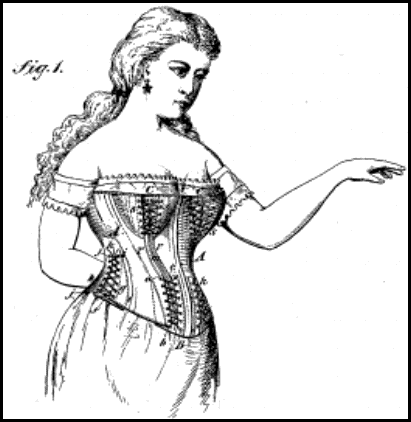
In the United States, 700 new chemicals come on the market each year, in addition to the 82,000 already being produced. "Only a few hundred have ever been tested for health effects, and only five have been banned."Of the 650 top-volume chemicals in use, four billion pounds get released into the American air and water each year. Forty-two billion pounds are made here or imported each day, for use in products and materials. [Emphasis hers.]
And why does this horror story --- so familiar to many of us --- appear in a book on breasts? Because the mammary gland "is the most sensitive organ" when it comes to being blindsided by chemicals. It stores in its tissues "known culprits such as BPA, DDT, and a common weedkiller called atrazine." And so many more work their way into the tissues, from all sorts of unexpected sources: fake leather, the insides of tin cans, sunglasses, plastic wraps, rubber gloves, soaps, deodorants, toys, shower curtains, soap, sun screen, vinyl, car seats, and especially new furniture.
Go to our complete
review
of this book
Hard Times
Charles Dickens
Anton Lesser, Reader
(Naxos Audiobooks)
Hard Times has the distinction of being Dicken's shortest novel, a quarter of the size of most of the others. In my time with it --- and I stayed on with all nine disks, even listened a second time to some of the key chapters --- I was swept away by the characters: honest but poor worker Stephen Blackpool hounded to death; Thomas Gradgrind finding that his insistence on "facts" for his children is not quite enough to sustain them; cool Louisa cornered by a lusting James Harthouse on the country path ... to the point that she can be cool and logical no longer. The vile Harthouse is soon faced down by sweet Sissy, reaching him, as the author craftily reports, so that He was touched in the cavity where his heart should have been --- in that nest of addled eggs, where the birds of heaven would have lived if they had not been whistled away --- by the fervour of this reproach.
When Dickens wrote this, in 1854, books were rare and expensive, out of the reach of most. The trick in those pre-radio, pre-TV days was to gather the family around your knees of an evening, in front of the fire, and read aloud to them from the writer's magazine, Household Words. Hard Times appeared in several episodes, always stoking you up and leaving you hanging so you'd buy the next issue of the magazine.
Thus, in this Naxos version, we are listening --- as a Victorian family would --- to a tale of the great moil of characters enmeshed in lust and greed and blind certainty and despair and pitiless judgment. And the drama comes very clear in this reading, so much so that I was reluctant to give it up, found myself cheering on the girls, booing the men, awe-stricken by the author's fine way with a plot.
Go to our complete
review
of this book
Human Anatomy
A Visual History from
The Renaissance to
The Digital Age
Benjamin A. Rifkin
Michael J. Ackerman
Judith Folkenberg
(Abrams)
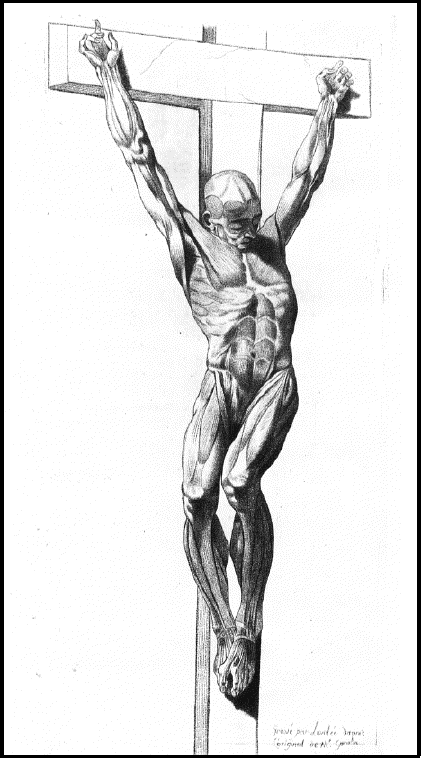
This is no ordinary medical or "art" book. It is a history of the illustrations of "deep" --- and sometimes not-so-deep --- dissections. It contains upwards of three hundred pictures --- mostly woodcuts and engravings --- that were published from the end of the 15th century to the beginning of the 21st. The design of the book is delicious, if one can use that word with so many illustrations of the "Children of Saturn." The prose is intelligent, wise and penetrating. Likewise, most of the drawings and engravings are clear and rich with detail, often showing a strange sense of modesty. There are twenty-eight important artists featured --- mostly names we have not encountered before: Charles Estienne, Juan Valverdi de Amusco, Bartolommeo Eustachi (you have two of his tubes inserted in your head to protect your ear-drums), William Cheselden (a bone man), William Hunter ... and the improbably named William Smellie. This last created some powerful engravings of fetuses in and sometimes almost out of the uterus --- some of the most disturbing images in the book.
Other interesting monikers include William Skelton who didn't do skeletons but, instead, some fairly ghastly diseased livers, hearts in myocardia, and gangrene; Govard Bidloo, who specialized in neat thoracic cavities, weird fetal skeletons, and shaved heads --- shaved of their outer skin, that is --- including two vile eyes-closed mouth-wide, tongue-extended gack craniums; and Jean-Baptiste Marc Bourgery, whose neck-thorax dissections in vivid color will blow your mind if they don't make you swear off cadaver books for the rest of your days.
Go to our complete
review
of this book
My CIA
A Memoir
Katherine McCord
(Telling Our Stories Press
#246 ---
185 AJK Blvd.
Lewisburg PA 17837)
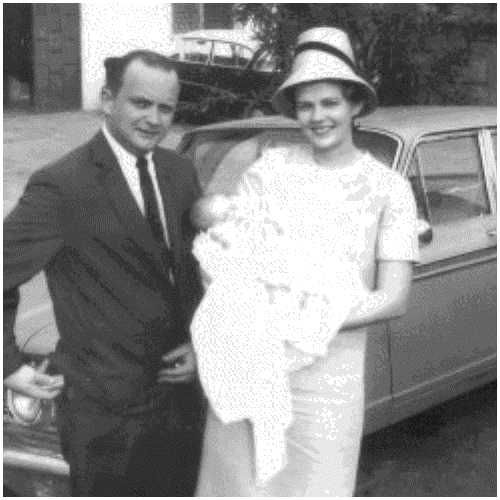
Here, "CIA" turns into a variation on one of those ancient Greek Curses, the ones that nagged Elektra and Oedipus and the whole Atreus clan. The gift that keeps on giving,So amidst all the tales --- most of them quite gentle and funny --- of raising two girls and taking them to school and going to the store and cleaning up the house and going to bed at night and trying to be a good wife and good mother, there is this current, this "something's just not quite right," something a little malefic in her family ... which may explain mother's absent-minded responses to questions about their time in Miami and Nepal and Liberia and Katmandu. Might even explain the panic attacks.
§ § §McCord is so convinced of this taint in their lives that she has sent several letters to --- even called --- the CIA to determine when and how and where her father was with them. As you can imagine, her communications with them are a bit one-sided, their responses a bit sparse. But this connection pervades her life. Her youngest daughter hates school, so they talk about "her hardships with friends and crabby teachers and injustices, bullies and drudgery and antiquated teaching practices:"
We're all undercover, I say. You're the granddaughter of a covert man. A spy. You are special in that way. Act, I say, like it's normal. Act, I say, like it all makes sense. Act, I say, like your biggest goal in life is to get an A.
Go to our complete
review
of this book
A Winter in Arabia
A Journey through Yemen
Freya Stark
(Tauris Parke)







